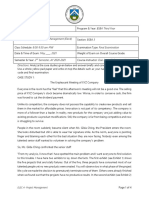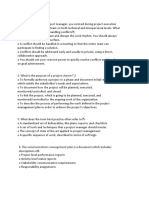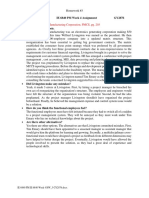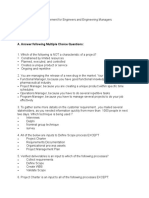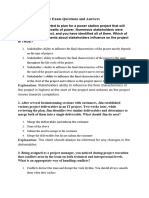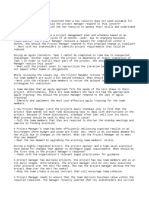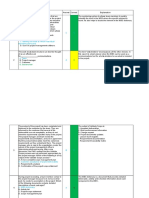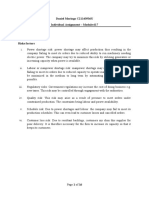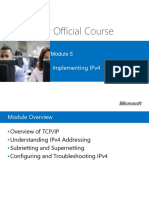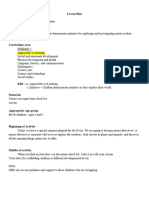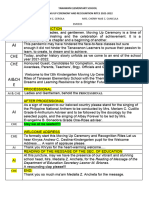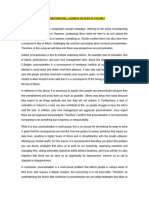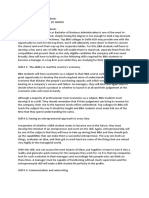0% found this document useful (0 votes)
19 views4 pagesPMF Case Study Assignments
The document presents various real-life project management scenarios that highlight common challenges faced by project managers, such as unavailable stakeholders, unclear expectations, and authority issues. Each situation emphasizes the importance of decision-making processes and planning in overcoming obstacles to project success. The document encourages reflection on these scenarios to improve future project management practices.
Uploaded by
J Loudes Anthoo RoysCopyright
© © All Rights Reserved
We take content rights seriously. If you suspect this is your content, claim it here.
Available Formats
Download as PDF, TXT or read online on Scribd
0% found this document useful (0 votes)
19 views4 pagesPMF Case Study Assignments
The document presents various real-life project management scenarios that highlight common challenges faced by project managers, such as unavailable stakeholders, unclear expectations, and authority issues. Each situation emphasizes the importance of decision-making processes and planning in overcoming obstacles to project success. The document encourages reflection on these scenarios to improve future project management practices.
Uploaded by
J Loudes Anthoo RoysCopyright
© © All Rights Reserved
We take content rights seriously. If you suspect this is your content, claim it here.
Available Formats
Download as PDF, TXT or read online on Scribd
/ 4
